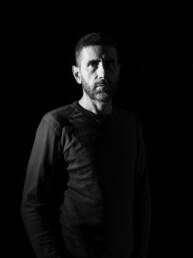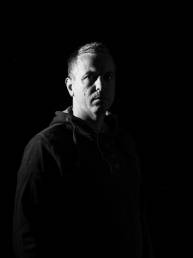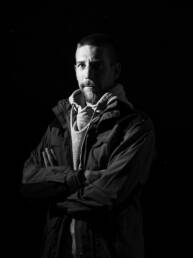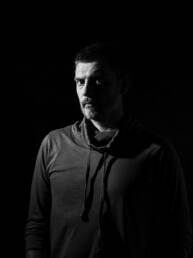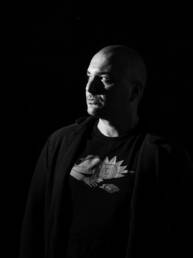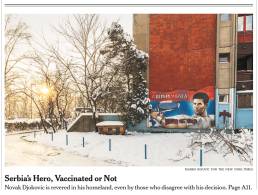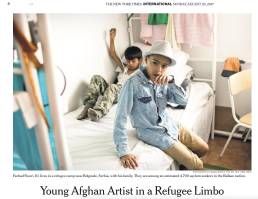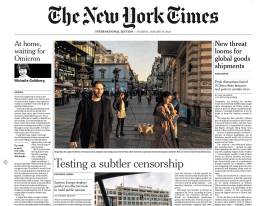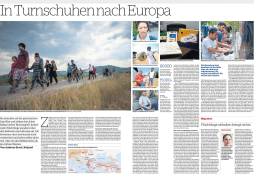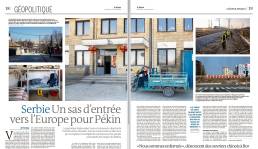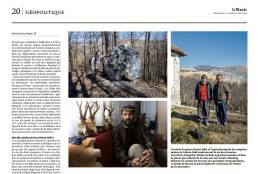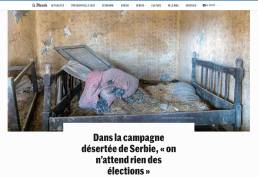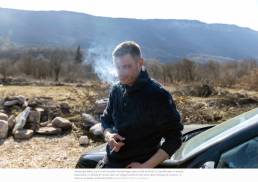The Kamerades collective was established in 2011 in Belgrade, with an aim to promote the values of documentary photography and its role in today’s society. The members are photojournalists and documentary photographers from Serbia who share the vision of documenting life as it is and spreading the awareness of the Balkans’ socially significant topics. Our work is based on the contemporary approach to photography, along with the implementation of visual, ethical and narrative standards of traditional documentarians.
In the past years, the Kamerades have, individually or within the collective practice, took part in numerous projects, exhibitions, publications, workshops and debates dedicated to documentary photography and trending social topics. By means of our authorial work, the Kamerades has been recognized by relevant institutions and stakeholders as a significant part of the regional scene of contemporary photography.
We employ photography as a visual language to communicate unaltered images of reality, with the authors’ clear and recognizable attitude and the strong belief that an instrument of communication of this kind can contribute to the society’s and its individuals’ betterment.
Various respectable organizations awarded members of the Kamerades collective for their photographic work and social awareness. The long list of awards includes World Press Photo for Observed Portraits category in 2013, given to Nemanja Pancic for his photograph “Little survivor”, more than 20 awards from the Press Photo Serbia organization in different categories (including several main awards), Grand Prix of the Balkan Photo Fest festival, as well as numerous awards in prestigious regional and international photography festivals, like Status magazine Photo of the year, Beta Photograph of the Year, Vilnius photo circle, Humanity Photo Awards, Rovinj Photo Days, Interfer Festival, IPA – International Photo awards, Portrait of Humanity…
Our mission, today and ever since, is to visually explore and critically approach burning social issues in our part of the world, in the hope that by doing so we can contribute to a sustainable and socially just future.

